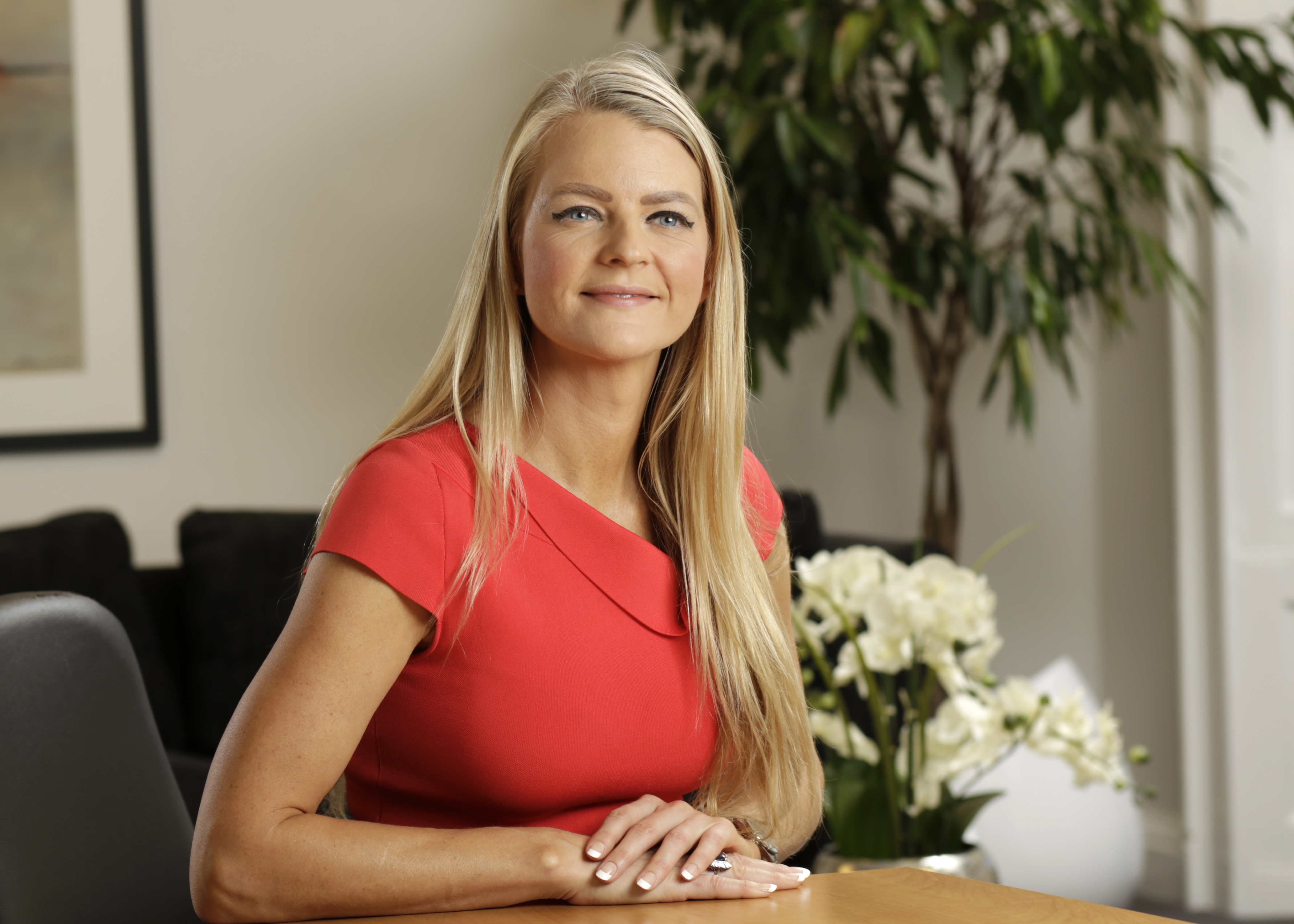Betsy Williamson: Businesses must break bad hiring habits to close the talent gap
Betsy Williamson, founder and managing director of Core-Asset Consulting, details the steps businesses can take to close the talent gap.

Betsy Williamson
The global economy is currently experiencing massive change. Staffing crises are affecting sectors from haulage, to food service and healthcare.
Some areas are bereft of workers and facing massive skills gaps, while others can’t hire fast enough.
The economic toll of the pandemic and its ripple effects will be felt for years. Many have been left out of work and it’s a sad but inevitable fact that some jobs may never return.
So how do we bridge these workforce challenges? In short, employers need to be more open-minded to the concept of re-training and work-based transferable skills, evaluating talent and individual capability to do a role, over specific prior experience.
That means an open-minded approach to recruitment. Hospitality professionals with customer service skills can transition into other service positions. Taxi drivers can become couriers.
As a recruiter, I believe there are characteristics that stand out and lead to professional success more than others. Hard work and commitment can propel people forward faster than previous experience or academic qualifications.
Yet outdated attitudes to training quash potential. Too often I’ve heard, either in passing at the water cooler or directly as part of management reviews; “but …I’m too busy to train someone else”, “it takes ages”, “honestly I’d rather do it myself than go through the pain”.
While I fully understand there can be a natural resistance to the time and effort it takes training someone new - and let’s be honest, most jobs take at least two years to hit peak performance - these types of statements leave me beyond frustration. It’s a complaint without commitment to a clear solution. The sticking plaster to the open wound or the finger in the dam. Pointless.
Malcolm Gladwell famously stated that it requires 10,000 hours of practice to become a master in a chosen field. With this in mind, a healthy commitment to from individuals to re-train, coupled with employer support and a structured programme to follow, can achieve success. A new career can be forged, all it takes is the opportunity.
Open-minded employers can see the immediate future of hiring and work based learning is based on development of the skills needs, woven into company culture. This approach can only be transformational if it is a commitment recognised and delivered via senior leadership.
So how do companies do this?
Start by thinking about job descriptions. Focus on the output of the role and what needs to be achieved, over what qualifications are specifically desired. Remove barriers to entry.
If companies look beyond education and experience then what should they focus on? How about questions based on applicant reliance, adaptability, tenacity, speed of response, ability to “flex” and capability to overcome personal challenges.
Business leaders need to look for talent. And while a ‘good’ leader could be defined by charisma, strength of character, talent or ambition, is it not the ability to spot talent that truly sets them apart?
Scotland has benefited from some outstanding leaders throughout history, the likes of William Wallace, Flora MacDonald, Mary Queen of Scots, Robert the Bruce. More recently I would even add a select few from our stoic investment management community, remaining nameless to save blushes.
If the right leader spots the right talent, stars are born, workforces are restocked, and maybe, just maybe something good can come from something bad.






